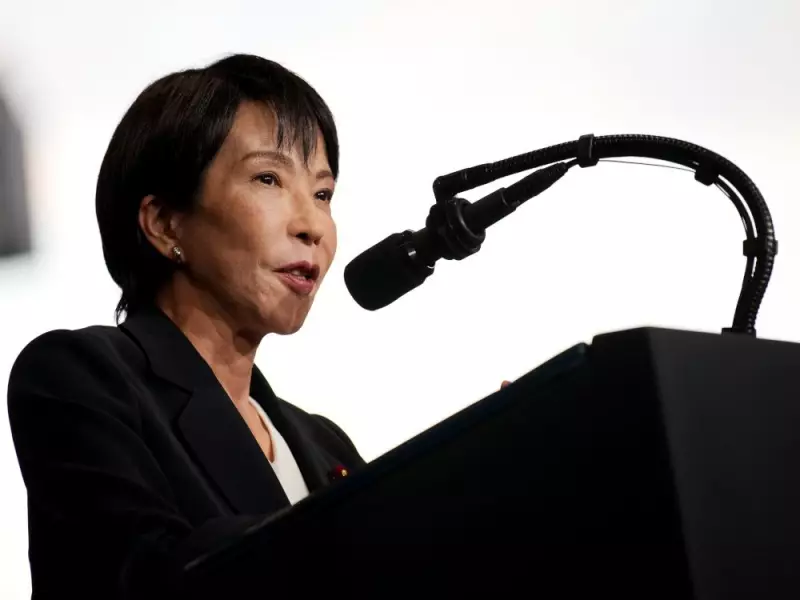
In a surprising turn of events, Japan—a nation renowned for its stringent immigration controls—is experiencing growing public resistance to foreign workers despite maintaining some of the world's toughest entry requirements. This development signals a profound societal shift in a country traditionally resistant to large-scale immigration.
The Numbers Tell a Troubling Story
Recent statistics reveal that Japan now hosts approximately 3.4 million foreign residents, representing a record high for the island nation. While this figure might seem modest compared to Western countries, it marks a significant departure from Japan's historical homogeneity and has triggered visible public discomfort.
What makes this backlash particularly noteworthy is that it's occurring within a framework of already restrictive policies. Unlike countries with more open borders, Japan maintains rigorous controls over who can enter, work, and settle within its territory.
Cultural Clashes and Systemic Strain
The growing tension manifests in several concerning ways:
- Public transportation systems experiencing unprecedented strain
- Hospitals and healthcare facilities struggling with language barriers
- Educational institutions adapting to diverse student populations
- Neighborhoods witnessing rapid demographic changes
These practical challenges are compounded by deeper cultural concerns. Many Japanese citizens express anxiety about preserving traditional values and social cohesion in the face of rapid demographic transformation.
The Economic Imperative vs. Social Resistance
Japan finds itself caught between two powerful forces. On one hand, the country faces severe demographic challenges:
- An aging population with declining birth rates
- Critical labor shortages across multiple industries
- Economic stagnation requiring fresh workforce input
On the other hand, the social fabric shows signs of stress as communities adjust to new realities. The government's attempts to balance economic necessity with public sentiment have become increasingly complex.
A Global Precedent in the Making
Japan's situation offers valuable lessons for nations worldwide grappling with immigration debates. If a country with such controlled immigration policies faces significant public backlash, it suggests that no immigration system is immune to social friction.
The Japanese experience demonstrates that even carefully managed, economically necessary immigration can generate substantial public concern when it challenges long-standing cultural norms and national identity.
As Japan continues to navigate this delicate balance, the world watches closely. The outcome may influence how other nations approach their own immigration challenges in an increasingly interconnected global landscape.





